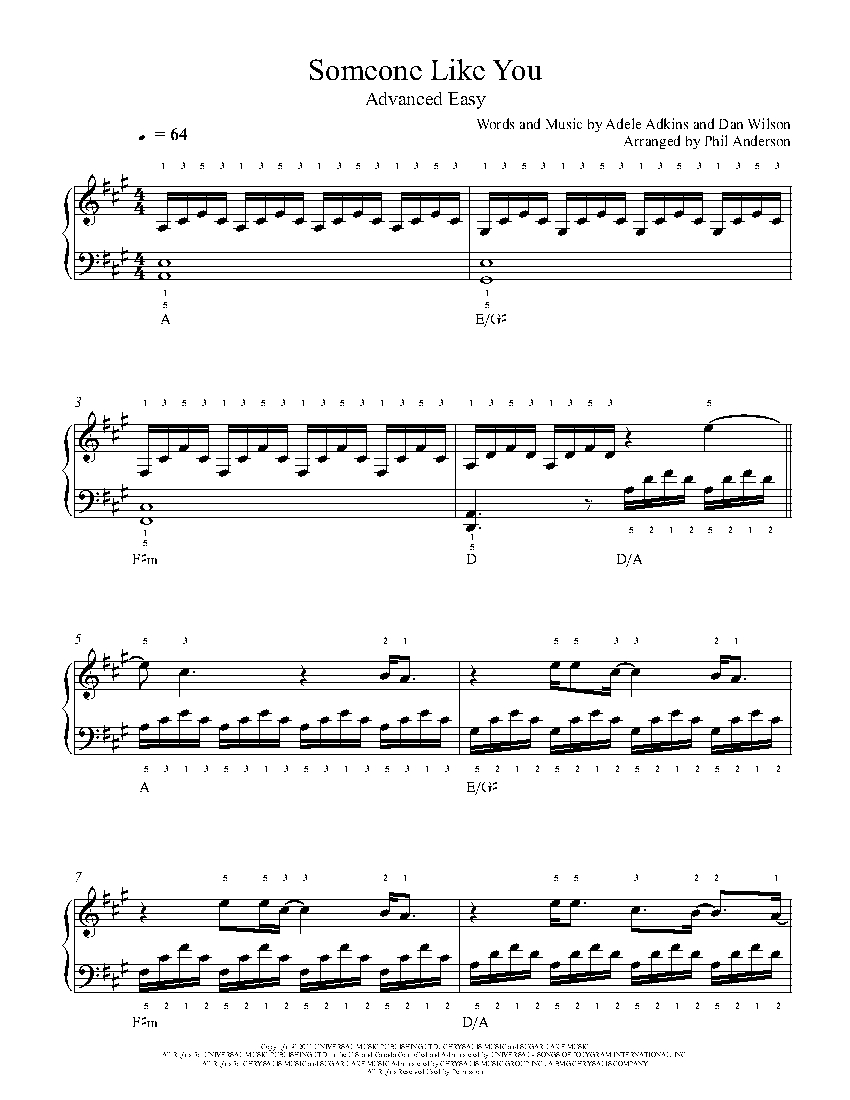
NOTE : Spam and/or promotional messages and comments containing links will be removed.Comments that are written in all caps and contain excessive use of symbols will be removed. Include punctuation and upper and lower cases. Racism, sexism and other forms of discrimination will not be tolerated. Avoid profanity, slander or personal attacks directed at an author or another user. Even negative opinions can be framed positively and diplomatically. Only post material that’s relevant to the topic being discussed.īe respectful.

However, in order to maintain the high level of discourse we’ve all come to value and expect, please keep the following criteria in mind: We encourage you to use comments to engage with other users, share your perspective and ask questions of authors and each other. Japan's core consumer prices were 2.1% higher in April than a year earlier, exceeding the BOJ's inflation target for the first time in seven years, boosted chiefly by rising prices of food and fuel.īOJ officials have repeatedly said such cost-push inflation will be temporary and will not trigger a withdrawal of monetary stimulus. "We instead want to create a positive cycle where prices rise in tandem with stronger wage growth and economic activity." "We aren't just aiming to raise prices," he said. While conceding his words may have been inappropriate, Kuroda said the remark was intended to help explain the need for more wage growth. "Everyone is suffering pain."Īnother wrote, "Only wealthy people like you were able to save during the coronavirus pandemic."

One user wrote, "We're buying goods because they are daily necessities, not because we're accepting" higher prices. The remark also drew criticism on social media, with responses using the hashtag "We can't accept price increases". News agency Kyodo quoted Trade Minister Koichi Hagiuda as saying, "It deviates somewhat from reality," in response to questions from reporters about the comment. "I'm sorry that the expression caused misunderstanding somewhat," Kuroda told reporters, adding that it had been inappropriate for him to say households were becoming more accepting of price rises.Įarlier, opposition lawmaker Kenji Katsube, one of several politicians who questioned Kuroda in parliament, said the Bank of Japan governor's comment showed he "did not understand how the public feels" about price rises.

The comment came at a sensitive time for the government of Prime Minister Fumio Kishida, which faces growing calls to tackle rising costs of food and fuel ahead of an upper house election next month. TOKYO (Reuters) -Japan's central bank chief Haruhiko Kuroda apologised on Tuesday for a remark a day earlier that households were becoming more accepting of price rises after drawing political heat on the issue, underscoring public sensitivity to rising living costs. FILE PHOTO: A Japan yen note is seen in this illustration photo taken June 1, 2017.


 0 kommentar(er)
0 kommentar(er)
